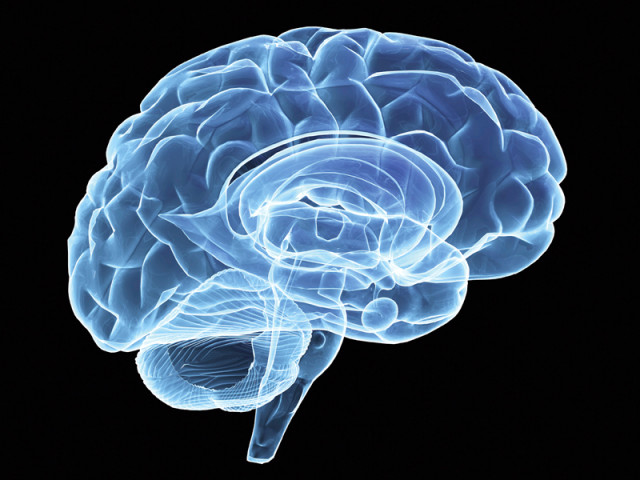World Alzheimer’s Day: A life without a memory
It is important to remember both the patient and the caregiver of the disease of forgetfulness

World Alzheimer’s Day: A life without a memory
“She started showing the signs as soon as I got married. In my mother’s case, as she was a widow, loneliness was the trigger. Within months, she had full-blown Alzheimer’s disease,” shares Zarqa Qureshi, who lost her mother almost seven years ago.
The most painful thing for Qureshi is the memory of days when her mother could not remember who her daughter was. “At times, she would call me ammi jaan, thinking I was her mother, as I was the person looking after her,” she recalled.

Alzheimer’s disease is a form of dementia that results in loss of short term memory. It is common ailment amongst those above the age of 60. This leaves spouses or children as the primary caregivers in most cases. A majority of caregivers say it is emotionally taxing to see their parents or loved ones rendered helpless, almost as though they are entering a phase of second childhood.
Yet, social empathy remains a challenge regarding the disease which is often mistaken for insanity. “I have heard insensitive questions like kya aap ke waalid pagal ho gaye hain? (Has your father gone mad?). And people say this in front of my father. He has Alzheimer’s disease but he is not deaf!” says Zara*, whose father has been suffering from the illness for the last 11 years.
According to Dr Ajmal Kazmi, Pakistan is actually one of the better places for Alzheimer’s patients, thanks to the social customs of looking after the elderly in the family. Kazmi, a neurophysician and psychiatrist at Karwan-e-Hayat, is an expert in psychiatric treatment for the elderly.
“Family support and care is the best thing for a patient of Alzheimer’s and that is something our families are luckily good at. I have seen children who are willing to give up everything and serve their old parents. However, sometimes the disease reaches such an intense stage that the family does not know how to handle it. At such a stage, it is a good idea to give the caregiver a break and seek professional help or admit the patient to a facility,” says Kazmi.
At an advanced stage, patients of Alzheimer’s do not just forget names and have cognisance issues but forget basic functions like chewing, walking or passing stool and urine. Paranoia is part of the early signs of the disease where the patient starts suspecting even very close people of foul play. “My mother used to keep the tablets in her mouth for hours and would spit them out when no one was looking,” said Qureshi.
While the disease has no treatment as such, its progress can be arrested with medication, explains Dr Samia Zafar, Coordinator at Alzheimer’s Pakistan. Zafar says the disease is linked to factors like the general health and well-being of the patient, and people from lower income groups suffer comparatively more. “By 2050, 70% of all Alzheimer’s patients globally will be from middle-income and lower-income countries,” says Zafar. Factors such as diabetes, hypertension and chronic diseases make it worse, and any turning point or trauma in life can trigger the illness.
Pakistan Society of Neurology president Professor Wasay Shakir says there are not enough neurologists dealing with Alzheimer’s and dementia. “Pakistan has just 180 neurologists. That means one neurologist for every one million Pakistanis,” he said.
While doctors advise that patients be given company, the norm is to keep such patients mostly at home. “People would give me sympathetic stares and ask why I bother to bring my mother to family occasions and outings. Society needs to understand that isolation is not good for them,” said Qureshi.
“A common mistake is that if the patient has more than one child, they all take turns caring for their patient in their own homes. That is not a good idea. The patient should be allowed to stay in their own environment as displacement makes the symptoms worse,” says Kazmi. When asked who in his experience serves patients most, his immediate reply is, “Daughters. It is mostly the daughters.”
Published in The Express Tribune, September 21st, 2014.












1724319076-0/Untitled-design-(5)1724319076-0-208x130.webp)






COMMENTS
Comments are moderated and generally will be posted if they are on-topic and not abusive.
For more information, please see our Comments FAQ